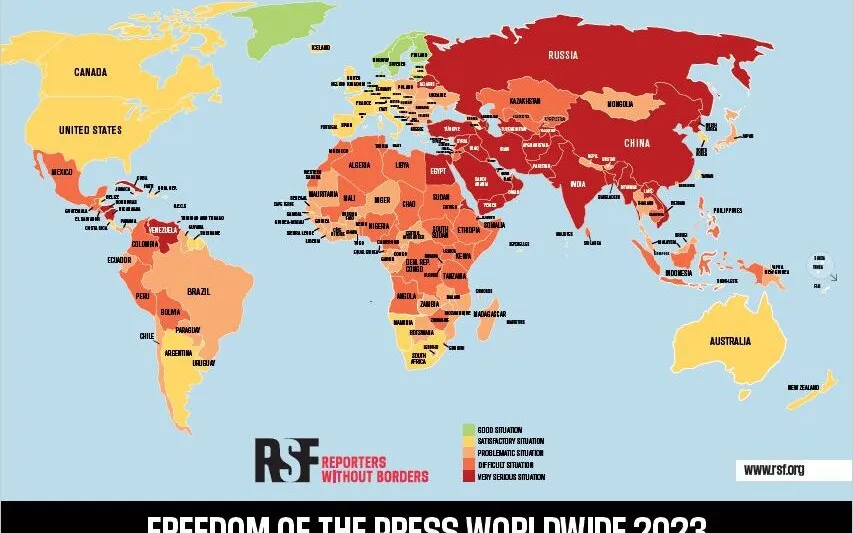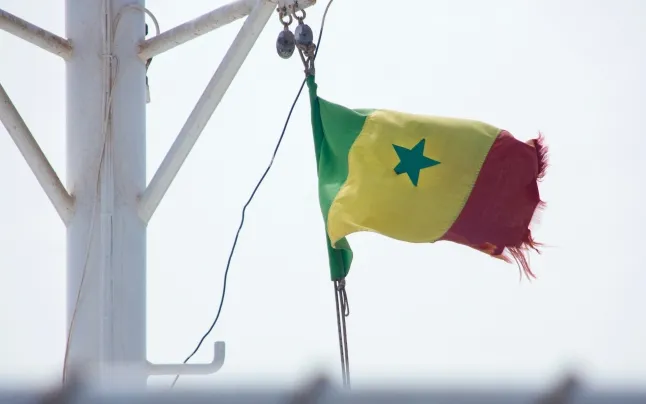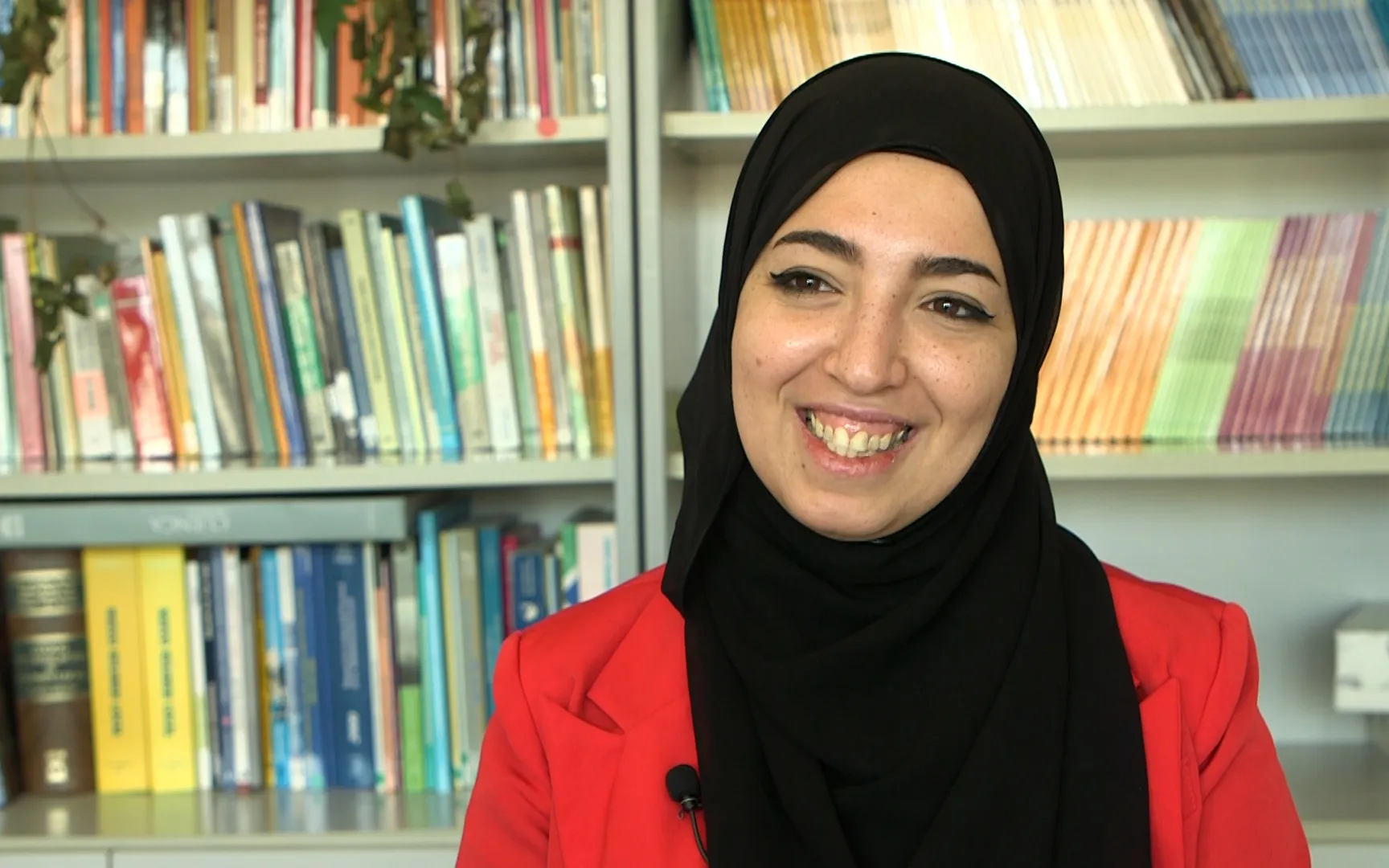Reporters Without Borders publishes the World Press Freedom Index 2023 with radical changes linked to political, social and technological upheavals.
The environment for journalists around the world is unfavorable in seven out of ten countries, while it could be considered satisfactory in three out of ten. This is one of the main conclusions showed from the World Press Freedom Index 2023 published by Reporters Without Borders, a non-profit organization that defends the interests of journalists and media. Reporters Without Borders published the twenty-first edition of this study that the organization elaborate to commemorate the International Press Freedom Day.
The update of this ranking, which year after year evaluates the conditions in which journalism is practiced in one hundred and eighty countries and territories, shows radical changes linked to political, social and technological upheavals. Forty-two countries have good or fairly good conditions for doing journalism. Norway continues to be the country with the best conditions for the journalists, accompanied on the podium by Ireland, a second place occupied for the first time by a non-Nordic country; Denmark ranks third.
On the lower end, Vietnam, China, and, finally, North Korea are the countries with the worst conditions for journalists. The deterioration of press freedom in Central Asia stands out particularly. In general, Europe is the region of the world where it is easiest for journalists to work.
The report points out several specific cases that demonstrate the violation of the right to press freedom in each country, such as the increase in propaganda by Russia in the conflict in Ukraine; the repression of journalists in Belarus; Greece, where journalists were spied on by the intelligence services and by powerful spyware; or the case of Julian Assange in Great Britain.
Disinformation in the digital world
Christophe Deloire, Secretary-General of Reporters Without Borders, highlights some of the big ups and downs in the list, such as Brazil, which rises eighteen places compared to last year, especially due to Jair Bolsonaro's departure; on the other hand, Senegal has fallen thirty-one places. "This instability is the result of increased aggressiveness on the part of the authorities in many countries and growing animosity towards journalists on social media", says the Secretary-General of the organization.
Along these lines, Deloire also points out the increase in the "fake content industry," as well as the disinformation it spreads, to explain the volatility. Alfonso Bauluz, president of Reporters Without Borders in Spain, who has a long career as a war correspondent, also highlights disinformation as one of the challenges of today's journalism world. "The only way we have to combat disinformation is with education and a critical eye," he emphasizes.
Looking at the ranking, the experts highlight the increase in massive disinformation campaigns or propaganda by political actors in two-thirds of the evaluated countries, either regularly or systematically. "The difference between truth and falsehood, what is real and what is artificial, facts and artifacts, is blurred, endangering the right to information," warns the organization.
Reporters Without Borders also points out the increase in the development of artificial intelligence and arbitrary logic and Twitter censorship that Elon Musk has brought about. "This shows that digital platforms are real minefields for journalism," they say.
Press freedom in Spain
In the case of Spain, Reporters Without Borders analyzes that the precariousness and politicization of the media, as well as the blockage of the repeal of the controversial gag law, impact in press freedom. These, therefore, are some of the reasons why Spain drops from thirty-two, the rank registered in the 2022 press freedom index, to thirty-six in the current one.
Despite enjoying a favorable climate for the free exercise of the profession, journalists in the Spanish media continue to suffer from a "worrying and already chronic precariousness," as already pointed out the previous year. This aspect seriously compromises press freedom, as journalist Alfonso Bauluz, president of Reporters Without Borders in Spain, pointed out in a recent interview with Xarxanet.org. "Weak media, precarious journalists. It's a painful combination," he emphasizes.
In fact, in the economic context, Spain again registered a poor result, worse than in previous years, and is by far the worst-rated aspect by experts. Likewise, Spain's decline in the ranking is also due to the deterioration of the legal and judicial indicator, mainly, as we said, due to the blockade of the repeal of the most controversial and detrimental articles for freedom of information of the gag law. At the same time, no reforms have been promoted to decriminalize crimes of opinion, and on the contrary, abusive judicial actions against media and journalists have multiplied.









Add new comment